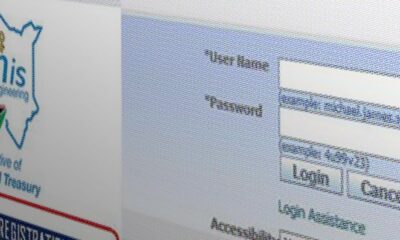Leading Nigerian integrated market infrastructure group in Africa, the Nigerian Exchange Group (NGX), has announced strategic investment in the Ethiopian Securities Exchange (ESX).
Chairman of the NGX Group,
Alhaji Umaru Kwairanga, who made the announcement in a statement, said the pivotal move would not only mark the group’s entry into the East African market but also “underscores its commitment to driving growth and innovation in the African capital markets, while strategically positioning itself as the largest foreign institutional investor in the ESX.”
He noted that the “investment in the ESX reflects NGX Group’s confidence in the potential of Ethiopia’s rapidly growing economy and capital market.”
“By partnering with ESX, NGX Group aims to support the development of a vibrant and resilient financial ecosystem in Ethiopia, fostering increased investor participation and capital formation.
“Through this investment, NGX Group aims to contribute to robust regulatory frameworks and foster best practices within the ESX ecosystem.
”We extend our congratulations to the ESX on its successful capital raise and commend the Government of Ethiopia and the private sector for their support in bringing this pioneering initiative in the country to fruition.
“Our partnership with ESX is a resounding affirmation of our unwavering dedication to promoting economic development, transparency, and exemplary corporate governance standards that foster an environment conducive to inclusive growth, even as we aim to maximize value for our esteemed shareholders.
“The Group remains dedicated to providing ongoing technical assistance and capability enhancements to support the successful operations and growth of the ESX,” the NGX Chairman said.
Also speaking on the partnership, Temi Popoola, Group Managing Director/CEO of NGX Group, said:
“We are excited to announce our investment in the Ethiopian Stock Exchange, which represents a significant milestone in our expansion strategy. Ethiopia is one of Africa’s fastest-growing economies, with immense potential for investment and growth.
“We believe that by partnering with the Ethiopian Stock Exchange, we can leverage our expertise and experience to contribute to the development of a robust and dynamic capital market in Ethiopia.”

 Culture1 day ago
Culture1 day ago
 Tech1 day ago
Tech1 day ago
 Sports7 hours ago
Sports7 hours ago
 Metro9 hours ago
Metro9 hours ago



























